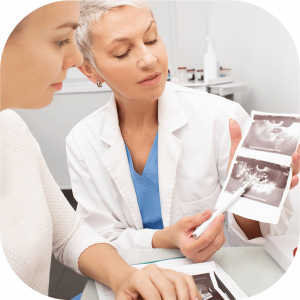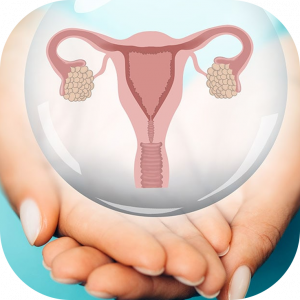Low Egg Reserve
One of the most common issues that relate to a woman’s fertility is when the amount of eggs her body produces suffer a decline, leading to a low reserve for natural pregnancy.
This is also known as low egg reserve, or diminished ovarian reserve (DOR). It occurs when a woman has fewer eggs remaining in her ovaries than expected for her age, which can impact both the chances of conceiving naturally and the success of fertility treatments. While age is the most significant factor, other causes such as genetics, medical treatments, lifestyle, or underlying health conditions can also contribute.

What is the Difference from Standard Treatment?
What are the treatment methods for a low ovarian reserve?
We treat patients with low ovarian reserve with slightly different methods than that of standard IVF treatment. Their most significant characteristic seems to be that they do not have a large number of eggs. We take into account that the eggs we obtain may sometimes have quality problems.
Some disorders may be seen in the development of the embryos that form, sometimes a genetic problem in the infrastructure. We provide patients of low ovarian reserve more info, given their circumstances. We share this with them at the start of their consultation. This info includes such factors as: they may need more than one IVF treatment for a successful pregnancy. There is a possibility of forming accumulating embryos as a result of IVF. We can freeze the embryos and we can transfer them maybe one or two months later. Then, we will carry out a genetic examination of the embryo.
